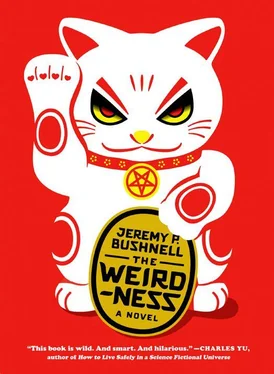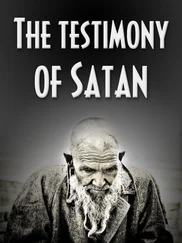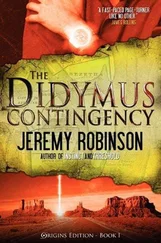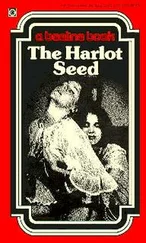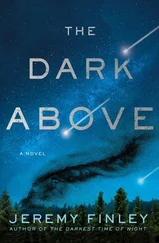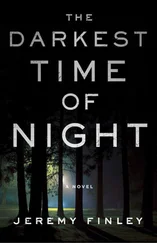Well, according to the narrative, the hell-wolves aren’t animals, not in a strict sense. But I shouldn’t say more — I don’t want to spoil anything.
Can you discuss how those scenes were achieved?
Denver Norton is a very talented filmmaker. And she was fortunate to work with two talented nonprofessional actors: my good friend Jørgen Storløkken, and the poet Elisa Mastic, who also has a new book coming out this fall.
You appear in the film as well.
Briefly.
A nude scene.
[ Laughter .] I’m not going to comment on that. If people want to find out they can go see the film.
And we’ll have an opportunity to see it when?
It’s debuting as one of the showcased shorts at Telluride next month. New York audiences will need to wait until April, when it’ll be one of the Shorts in Competition at Tribeca.
Fantastic.
We all feel good about it.
You’ve been listening to The Stolon , fifteen minutes of Q&A about books and the people who make them. I’m your host, Ethel Shira Wise. Our guest today has been W. H. Ridgeway, discussing his new book, On Killing . Thank you for taking the time to talk to us.
Thank you for having me. It’s been a pleasure.
JEREMY P. BUSHNELLis the fiction editor for Longform.org, and is also the lead developer of Inevitable, a tabletop game released by Dystopian Holdings. He teaches writing at Northeastern University in Boston, and he lives in Dedham, Massachusetts. This is his first novel.
Reading Group Guide for The Weirdness
1. Where do the bananas in bodegas come from? Have you ever thought about something so long that it becomes strange, the way Billy thinks “people have pets”? What started to seem strange to you?
2. What did you think about the role of religion in The Weirdness ? When you heard the line “What about God?” repeated, were you expecting God to make an appearance? Because Lucifer was the Judeo-Christian version of the Devil, were you expecting a Judeo-Christian God to appear?
3. Why do you think Elisa asks Billy, “What is the worst thing you ever did?” Do you think she wants to share her history with him because she realizes they have a connection? Or do you think she has other motives?
4. How did your perception of Lucifer change over the course of the story? If he had given you a convincing PowerPoint presentation, do you think you would have signed on to help him?
5. What do you think Bingxin Ying meant when she told Denver that she admired her “commitment to immanentization of the ephemeral”? How do you think this phrase affects Billy in the moment she says it and when, later in the book, he tries to get closer to Denver?
6. On this page, were you surprised to find out that Laurent hadn’t read Billy’s work? How did it change your perception of Laurent and his crew?
7. On this page, do you believe Lucifer when he says Billy doesn’t want to go back to his old life? Did you expect Billy to choose the Devil’s side?
8. What do you imagine the warlock might do with the Neko of Infinite Equilibrium? Do you trust that Lucifer will do the right thing?
9. Billy is constantly slowed down by coffee, traffic, and other simple forms of conflict rarely represented in books. Did the story feel more realistic to you, based on these moments?
10. How did Billy change over the course of this story? Do you think Billy agreed to the right compromise — protecting Elisa and Jørgen by asking Lucifer to train new hell-wolves from the next generation?
11. Why do you think Anton Cirrus retracted his blog post about Billy’s work? And why do you think Anton Cirrus opted to publish Billy’s book?
12. The topic of consent recurs throughout the book. Lucifer raises it on this page, and Billy returns to it on this page. In what other ways does this theme occur in this book?
13. The book ends with Billy musing upon the “moral appropriateness of killing,” or lack thereof. Was it “morally appropriate” for Billy to kill Timothy Ollard? Is it ever morally appropriate to kill in the world of this book, or in real life?
